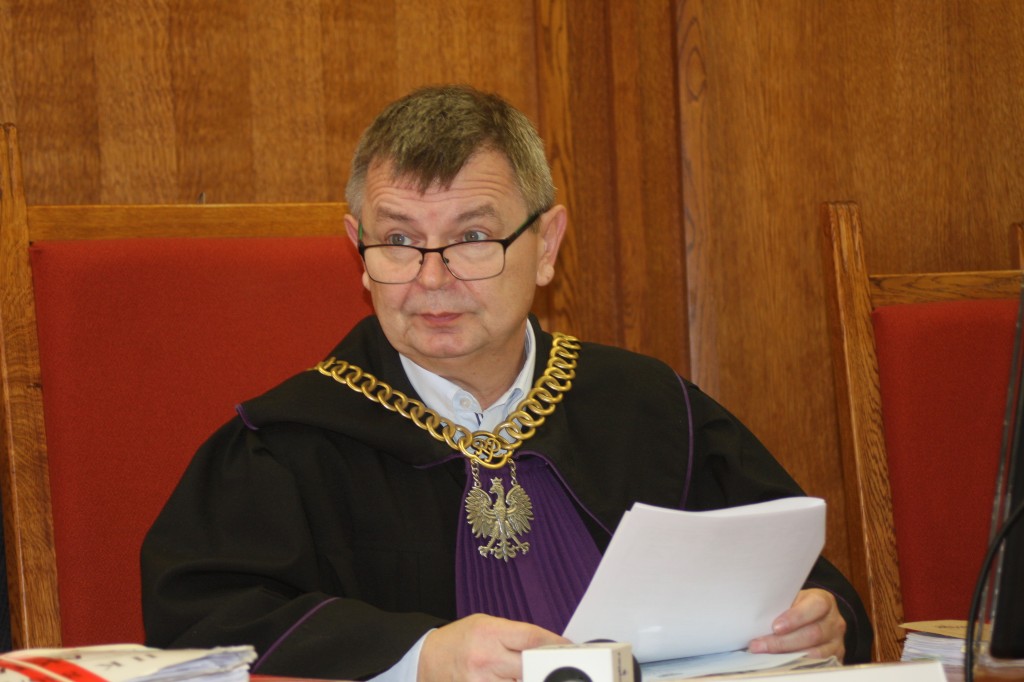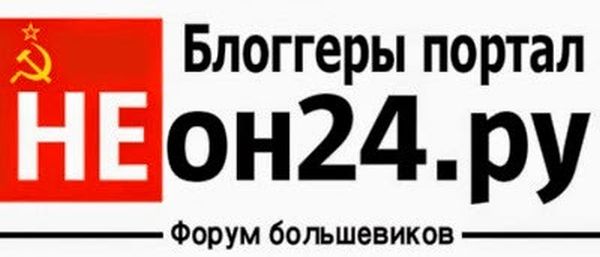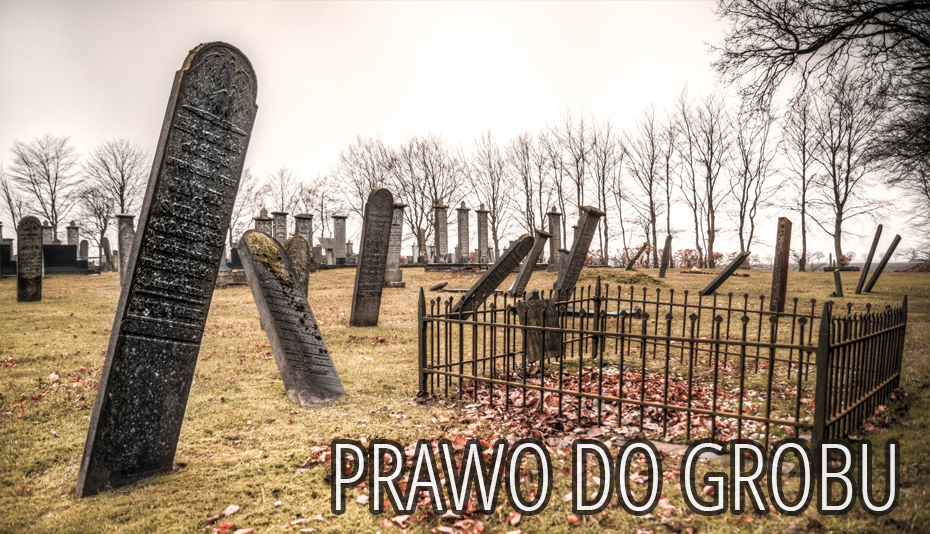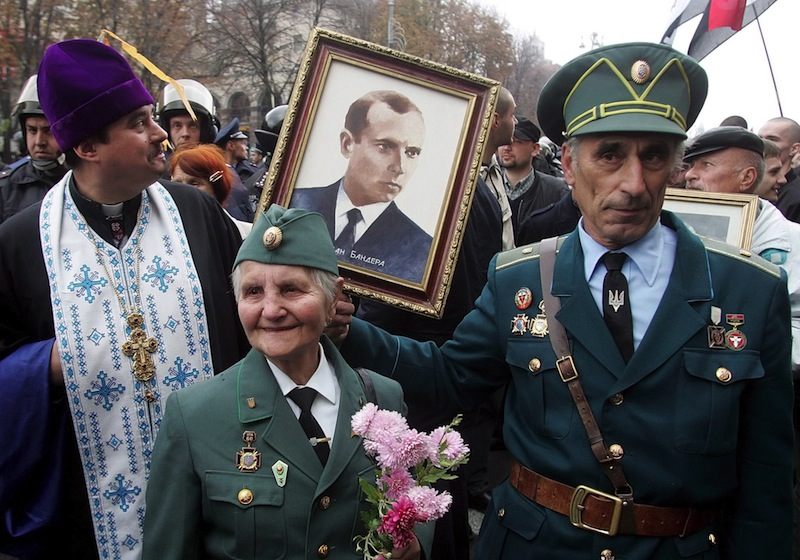Warsaw – Czosnów, 21 September 2019
Court of Justice of the European Union
Rue du Fort Niedergrunewald , L – 2925 Luxembourg
Thomas Greminger – Secretary General
Organization for Security and Co-operation in Europe
Wallnerstrasse 6 , 1010 Vienna, Austria
The European Parliament
60 rue Wiertz / Wiertzstraat 60, B-1047 – Brussels
Dear Sirs,
Acting in public interest, out of concern for the good of democracy in Poland and Europe, as national representatives or regional coordinators of election committees registered by the National Election Commission, candidates for the Sejm (lower chamber of the Polish parliament) or Senate nominated by such election committees, or representatives of social organisations, pursuant to Art. 101 of the Constitution of the Republic of Poland, Art. 6 of the Convention for the Protection of Human Rights and Fundamental Freedoms, and Art. 3 of Protocol 1 thereto, we file our protest against the validity of the elections to the Sejm and Senate of the Republic of Poland to be held on 13 October 2019 and request that the Court of Justice of the European Union state its position regarding this matter and an urgent intervention by the Organization for Security and Co-operation in Europe, the European Parliament and the Commissioner for Human Rights.
Under Art. 63 of the Constitution of the Republic of Poland (Dz. U. of 1997 No. 78, item 483, as amended) and the relevant provisions of the Code of Administrative Procedure (Dz. U. of 1960 No. 30, item 168, as amended), we request that the elections to the Sejm and Senate scheduled for 13 October 2019 under the decision of the President of the Republic of Poland ordering elections to the Sejm and Senate of the Republic of Poland of 6 August 2019 (Dz. U. of 2019, item 1506) be annulled.
Grounds:
1. The adoption by the Sejm of the Republic of Poland of the Act of 31 July 2019 Amending the Election Code and the National Referendum Act (Dz. U. of 2019, item 1504), which introduced significant amendments to the Election Code within less than six months before the parliamentary elections, is contrary to two earlier judgments of the Constitutional Tribunal, which specify that significant amendments to the Election Code may be made no later than half a year before the first election activity. Because the amendments to the Election Code made on 31 July 2019 are significant (they relate to, inter alia, the manner of resolution of electoral disputes by the Supreme Court, which adjudicates in a panel of the entire competent chamber), in the light of the standards set by the Constitutional Tribunal such amendments could not have been made at that time (see e.g. opinions of constitutionalists – Ryszard Piotrowski, PhD, or professor Marek Chmaj).
2. The appointment of the Extraordinary Control and Public Affairs Chamber of the Supreme Court, which ascertains the validity of elections and reviews complaints and electoral disputes, was deficient and it is not a European court. In connection with the unlawfulness of the chamber, in May 2019 seven judges of the Supreme Court filed an inquiry with the Court of Justice of the European Union to determine whether the chamber was a component of the European judiciary, see:
http://www.sn.pl/aktualnosci/SitePages/komunikaty_o_sprawach.aspx?ItemSID=278-b6b3e804-2752-4c7d-bcb4-7586782a1315&ListName=Komunikaty_o_sprawach
If the Court of Justice of the European Union confirms the unlawfulness of the activities of the Extraordinary Control and Public Affairs Chamber, its decisions will all the more so be unlawful, including decisions concerning the validity of elections and electoral disputes. See decision of the Supreme Court, file Ref. No. III CZP 25/19 of 21 May 2019.
3. In connection with item 2, i.e. the unlawfulness of the Extraordinary Control and Public Affairs Chamber of the Supreme Court, for which grounds were provided in the aforementioned Supreme Court’s decision of 21 May 2019, the right under Art. 13 of the European Convention on Human Rights was violated, i.e. the right to an effective remedy.
4. The adopted electoral calendar, in particular the short, two-week period (during holidays) – resulting from the decision of the President of the Republic of Poland and the Election Code – for collection of more than 5,000 signatures of support in an electoral area, which are required for registration of and compiling electoral lists, discriminated smaller citizens’ committees, which do not receive subsidies amounting to many millions of złoty, as large parties do, thus in practice the committees were physically unable to collect such large number of signatures in such a short period. This violates, inter alia, Art. 3 of Protocol 1 to the Convention for the Protection of Human Rights and Fundamental Freedoms, thus violating Art. 9 and 32 of the Constitution of the Republic of Poland.
5. In some cases, as much as 30-50% (!) of signatures of support were questioned by election commissions due to, among other things, adoption by the National Election Commission of an incorrect definition of residence address provided by a voter signing the support list for a given committee, which was inconsistent with the definition set out in Art. 25 of the Civil Code (Dz. U. of 1964 No. 16, item 93, as amended). The Election Code refers to a residence address which is to be provided by the person signing the support list, while election commissions approved only those addresses which were consistent with the entry in the electoral register. Out of nearly 7,000 support signatures placed under the list of the coalition election committee Koalicja Bezpartyjni i Samorządowcy of Warsaw, the election commission deemed invalid more than 2,000 signatures, as a result of which the list was not registered! In Silesia, an independent candidate to the Senate saw half (!) of his support signatures deemed invalid. See the complaint of the coalition election committee Koalicja Bezpartyjni i Samorządowcy filed to the Supreme Court on 11 September 2019.
6. A violation of the Constitution of the Republic of Poland (e.g. Art. 32 thereof), the Election Code and the Convention for the Protection of Human Rights and Fundamental Freedoms (e.g. Art. 14 thereof), consisted in unequal treatment of election committees (discrimination of citizens’ committees) and deeming signatures invalid for insignificant reasons (some of the them were deemed invalid due to illegible personal details, although the personal identification number PESEL was correct and the details of the person who placed their signature could have been verified). See complaints of the coalition election committee Koalicja Bezpartyjni i Samorządowcy filed to the Supreme Court on 11 September 2019.
7. Although the Election Code guarantees the presence of a representative of an election committee during the verification of signatures (also in the case of a complaint filed to the National Election Commission or the Supreme Court), the representative of the coalition election committee Koalicja Bezpartyjni i Samorządowcy of Bydgoszcz (from Inowroclaw) was notified by the Supreme Court that the signatures would be verified in 10 minutes (the distance from Inowroclaw to the registered office of the Supreme Court in Warsaw is more than 260 km!). This evidently violated the provisions of the Election Code referred to above, see: regional representative of the committee – Lukasz Pajak, e-mail: lukaszpajak01@gmail.com , phone: (+48) 609 712 508.
8. The Election Code and instructions of the National Election Commission regarding the manner of compiling lists of support for election committees breach the principles set out in the GDPR, i.e. the EU Regulation of 27 April 2016 (which Poland adopted), containing provisions regarding the protection of natural persons with regard to the processing of personal data, in particular they breach the principle of protection of personal data, as defined in Art. 4.12, Art. 5.1.f, Art. 5.2, Art. 7.1. Art. 7.2, Art. 13.1 and Art. 13.2 of the Regulation, by imposing a requirement to collect all basic personal details of citizens, i.e. first name and surname, residence address, the personal identification number PESEL and a signature, on lists of support for a given committee, without including on the lists a relevant notice of collection and processing of such information, and by failure to provide a statutory requirement to inform the persons providing their data and signing a support list about the manner of collection and storage of their data, as specified in Art. 13 of the Regulation. This also violates Art. 91 of the Constitution of the Republic of Poland.
9. Neither the Election Code, nor the instructions of the National Election Commission give the election committees the opportunity to verify the data collected in the support lists, which in practice enables “planting” incorrect signatures on the committee, exposing the committee to claims of unlawful conduct. This violates Art. 3 of Protocol 1 to the Convention for the Protection of Human Rights and Fundamental Freedoms.
The undersigned representatives of election committees registered by the National Election Commission, candidates and former candidates in Polish parliamentary elections to be held on 13 October 2019 as well as representatives of citizens’ associations authorise Mr Wojciech Papis to file this protest and request to the Supreme Court, the Court of Justice of the European Union, the Organization for Security and Co-operation in Europe, the Commissioner for Human Rights and other institutions and persons, to exchange relevant correspondence etc.
Contact details:
Wojciech Papis – The Oburzeni Association (Polish: Stowarzyszenie Oburzeni)
ul. Środkowa 8/ 24, 03-430 Warsaw
tel.: +48 514 268 064, e-mail: w.papis@wp.pl
(Signatories – first name and surname, residence address, election committee/organisation in the Polish version)




























3 komentarz